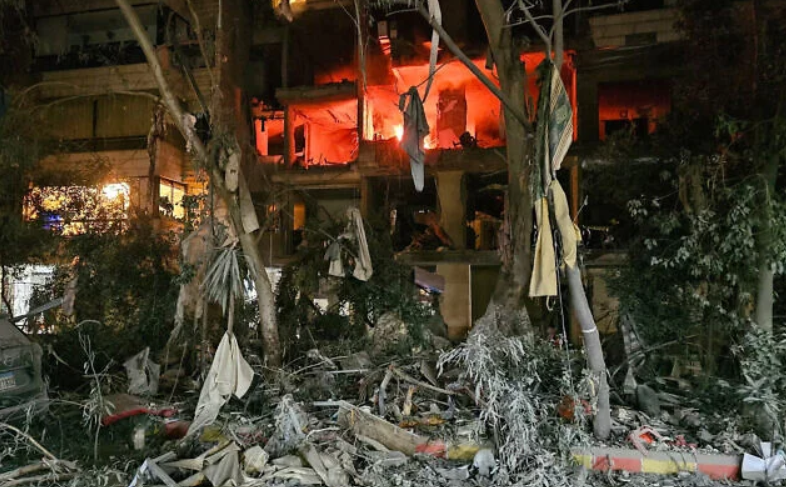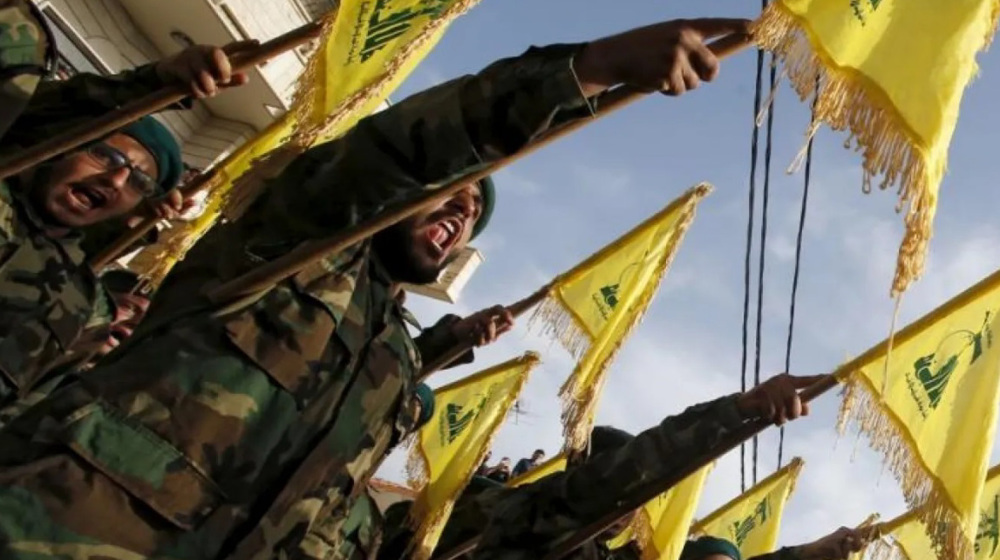Some 3,000 ‘Hezbollah-tied’ accounts await freeze
As many as 3,000 more bank accounts, allegedly tied to the Lebanese resistance movement of Hezbollah, reportedly await freeze in the coming days under pressure from the United States.
Those to be affected include “employees, partners, customers affiliated with the party,” Saudi daily Asharq Al-Awsat reported on Friday, citing a source within Lebanon’s Central Bank.
On December 18, 2015, US President Barack Obama signed into law the Hezbollah International Financing Prevention Act.
The legislation says Washington will target those “knowingly facilitating a significant transaction or transactions for” Hezbollah or any individual, business or institution linked to the group.
As per the law, the US Treasury Department’s Office of Foreign Assets Control has been tasked with releasing names of the entities it considers to be associated with the group.
Governor of Lebanon’s Central Bank Riad Salameh has so far ordered 100 accounts frozen in line with the Treasury’s instructions as any failure to abide by the law will result in US sanctions.

“If anyone is suspicious, there can be no leniency, even if the customers have millions of dollars, because the negative repercussions in not abiding by the [US] law will be catastrophic on the bank,” the source said.
Interviewed by the CNBC, Salameh recently said, “Our priority is to keep Lebanon on the international financial map, so we have taken a resolution that we will implement that US law in Lebanon, and we have put in place a structure to do this, to satisfy the objectives of that law.”
On Thursday, Hezbollah reacted to the remarks, saying Salameh’s position “shows that the monetary policy has lost its sovereignty.”
Hezbollah is credited with defending Lebanon against two wars launched by Israel, the US's strongest ally in the region, in 2000 and 2006.
In recent months, Saudi Arabia, another staunch ally of the US, has also been targeting the resistance movement.
Earlier in the year, Riyadh imposed sanctions on four Lebanese firms and three individuals it accused of having links to Hezbollah, among its other measures against the movement.
Analysts say Hezbollah has come under such pressure due to its involvement in anti-terrorism military operations in neighboring Syria.
The resistance movement has been successfully helping the Syrian army fight Saudi-backed Takfiri militants in order to prevent the Syria conflict from spilling over to Lebanon.
Iran says committed to regional security; retaliatory attacks only target Israel, US assets
'Blatant war crime': Iran denounces US-Israel strikes on Gandhi hospital in Tehran
IRGC spox: 650 casualties for US military in two days as Iran missiles force aircraft carrier to fle
Tehran warns of false-flag operations, says Israel ‘undoubtedly’ seeking to widen war
New wave of attacks devastates key US base in Bahrain as Iran strikes back
Melania Trump chairs UN children's meeting as Iran buries kids killed in US-Israeli attack
Why Iran’s Leader refused special protection, leading from the front until last breath
Hezbollah strikes Israeli surveillance, military base in Golan Heights, occupied lands















 This makes it easy to access the Press TV website
This makes it easy to access the Press TV website